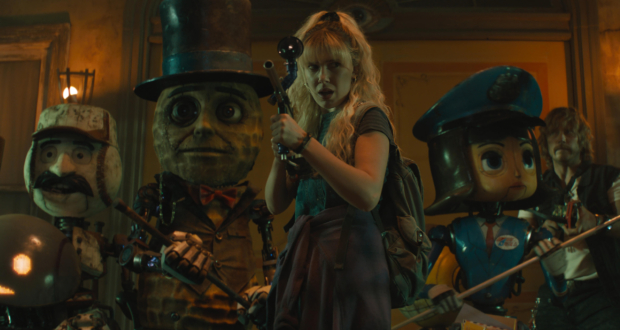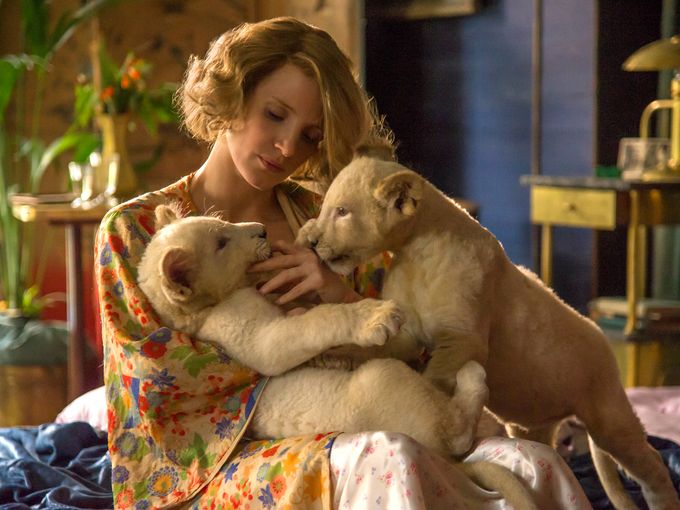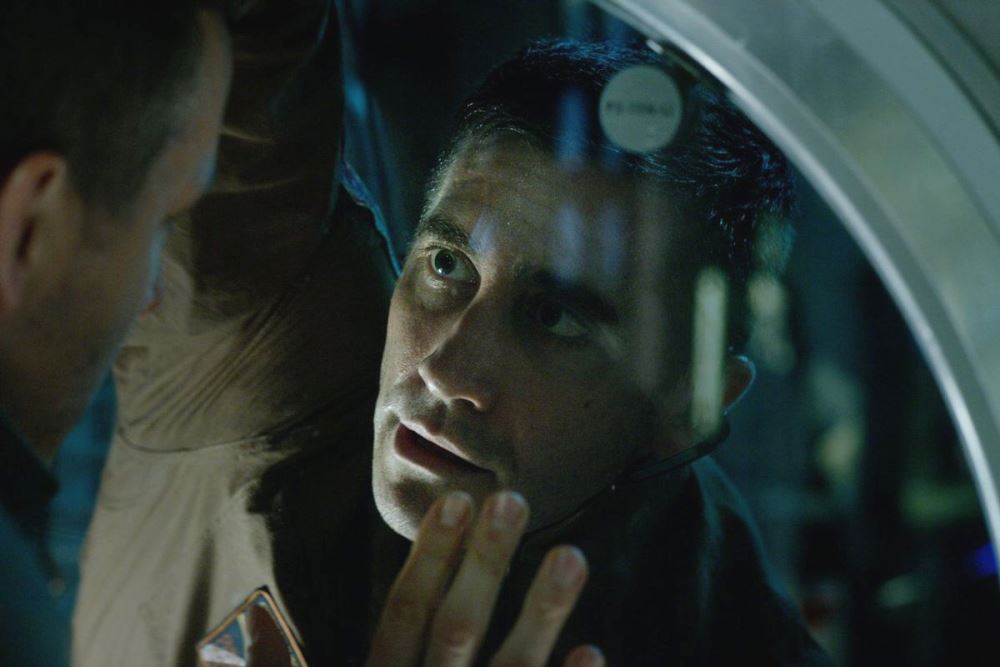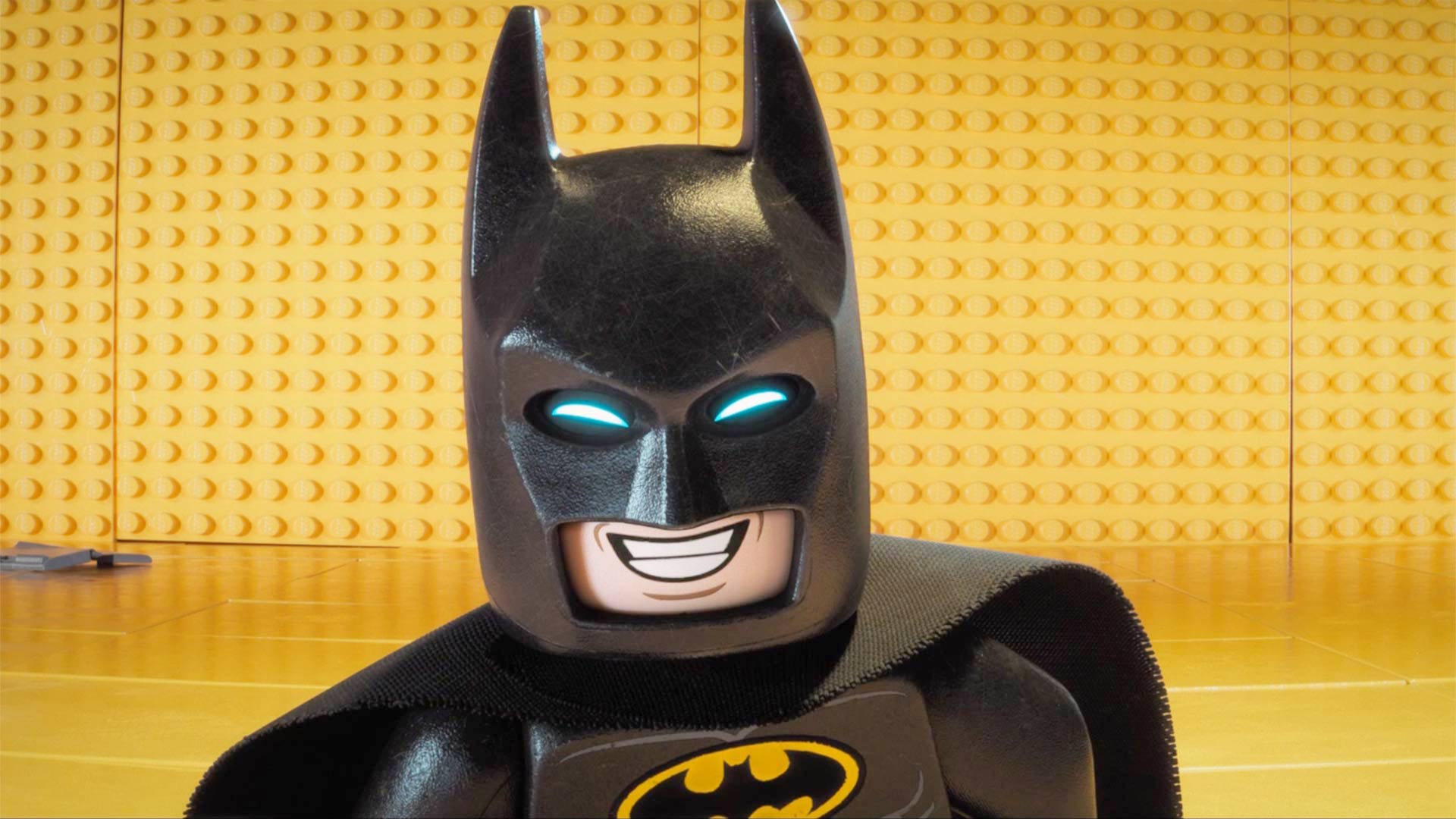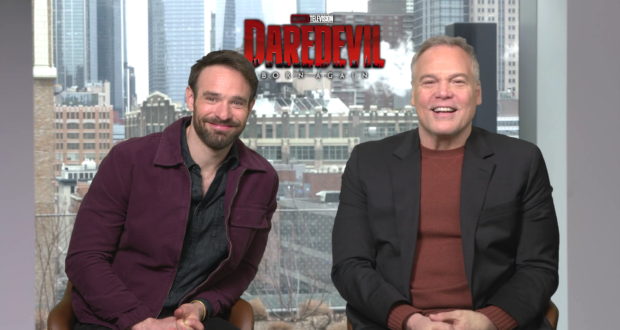America the Beautiful 3 opens up in Chicago on Friday November 21st. Prior to the release I got a chance to sit down and speak to filmmaker Darryl Roberts at the Peninsula Hotel in downtown Chicago. We talked about the current state of teens and sex in our society, parental enabling, and the Kim Kardashian Paper Magazine pic, and a lot more.
Jim: First things first, what the hell is going on with America with sex and youth?
Darryl: Its kinda funny, because everything in the film you kinda know it but when you put it all together and look at it as a one big lump you realize how sort of psychotic our culture is becoming for our youth which is unfortunate. As the American Psychological Association said its having a dilatory effect on our youth, creating a mental health crisis and that isn’t a good thing.
Jim: You would categorize it as a mental health crisis, and its a term you mention in the film?
Darryl: To be honest, before doing this film I wasn’t aware that this was becoming a mental health crisis, so the American Psychological Association which represents five thousand of the top psychologists in the country, when they get together and do a reports and that’s how they refer to it as then I was like wow things are really out of control. That report was one of the reasons that made me do the film in the first place. This is severe enough that we need to talk about it.
Jim: What was the inspiration behind the film to begin with?
Darry: I think the APE report was the second thing, the first thing was I was looking at something with Rihanna’s breast, and I was like does Rihanna understand he is affecting our youth? This is inappropriate behavior, something in me started to make me think how things were different when I grew up, back in the 70’s. You couldn’t find anything like that. I started thinking of my best friend, something made me go to the computer to see if I could find him on the internet. After I looked I found out he was a registered sex offender, I still don’t know what happened and what went wrong. I didn’t have the guts to contact him, I didn’t know if he remembered me, and what would happen if i came and he opened the door? Would he shoot me? So I didn’t go, but that combined with the APA report made me say this would be the topic for my next film.
Jim: Is this generally an American issue. In Europe they are way more open with sexuality, do you think our secrecy as a society leads to some of these issues?
Darryl: I’ll tell you what the difference is between America and Europe and rest of the world. When it comes to teen pregnancies we have more that all those countries. The difference here versus Europe, and I think this is the crux of the problem is that parents and adults in our culture have no idea what it means to have a healthy sexuality. Where that becomes a problem is that with teenagers their hormones are raging, they are curious, they are searching. When you are searching you are going to find something. At the time you are searching, if an adult or parent can’t step in and teach you what a healthy sexuality then you might find porn. The difference is that in Europe teenagers have as much sex or even more then here. The difference is because they view sexuality in a healthy way, they don’t have the pregnancies and disease at the rate we do. Our other problem is that we have become so homogenized. Teenagers, clothes, fashions trends because it’s controlled by advertising teens don’t understand that for advertising to work they need a group to be homogenized. Advertising only works on a group. If as parents we started teaching our kids to be individuals, how to have independent thought and values as individuals, then advertising won’t work because they need a group. That is one of the solutions, but I don’t know how to pull it off. I’ve asked some experts at universities, but they aren’t quite sure what it means to have a healthy sexuality, because this country was built on this puritanical anti-sex thing so it was never developed. We need to find out, first what is a healthy sexuality, and two teach our kids to be individuals.
Jim: You think peer pressure plays a big part in this?
Darryl: Peer pressure absolutely is another factor in how many kids are homogenized as well. Advertising sets the tone in what you are supposed to be, and everyone does it. Down here once they do it, they expect you to do it. Cali for instance was a virgin, she talked about how she didn’t get invited placed by friends because she was a virgin, so she kinda was ostracized. She felt like she wasn’t part of the group, it was very hard and part of the reason she wanted to commit suicide.
Jim: That’s really scary, weren’t you shocked by that? It’s certainly a twist in the film. There is a pretty, intelligent girl, and that revelations.
Darryl: It’s really brutal.
Jim: Where do you think we are headed with this in the future? Is this getting worse, and is there a way to contain it?
Darryl: It’s definitely getting worse. If you look at the porn industry. They aren’t going to stop making millions of dollars, just so that they can become socially responsible. We have to stop. Like I was saying teaching kids through media literacy, how to critique images, just how to empower our kids not to be part of this group. The group being one that follows what the culture says they should do. There is a statistic that says advertisers get twenty thousand impressions a week on a child’s mind, the parents get two thousand. I think the parents need to be over diligent with helping to support and raising our children, it’s crucial right now. You seen when I was growing up, if my parents didn’t want to, they actually didn’t have to do much. Its the culture that would have raised me right. Those were the days of Leave it to Beaver, The Brady Bunch the strong, wholesome American family values. That was expected from the culture. You don’t see anything like that in the culture right now, so it has to come from family. What it means to be a parent today is totally different then what it meant in the 60’s and 70’s, it’s harder.
Jim: I get a sense from one of the stories in the film regarding the teen girl and her mom, seems to me that some parents want to re-visit their teenage years through their kids. The way kids dress, the skimpy clothes. Should there be some public outreach regarding this?
Darryl: You know what the part of that problem is. Part of the culture, back in the 60’s and 70’s people used to revere their grandparents. They were seen as wise. Today’s culture devalues aging. They don’t see you as wise, instead they see you as old. Older people are searching for their identity now. In finding their identity, they are losing it by trying to be their kids friends, as opposed to being their parents. What they do is wear their clothes, listen to their music, play on Facebook with them. Parenting is becoming a problem, because parents don’t want to be seen as out of touch or old and that’s a problem. Everything we are talking about comes down to what we are being taught by the culture. There is a phrase that unfortunately is probably true that says that we are in a state of moral decay. I don’t know where that’s heading.
Jim: You know it’s scary to think where things might be heading. Kids are growing up these days so fast. With cell phones, and social media, they are trying to be adults and how fast they are maturing. Not mentally mature, but they are acting upon on what they think is mature without having the mental capacity to know what it means.
Darryl: The scientist lady in the film said when she talked about the prefrontal cortex and how its not fully developed until you are 25. What the prefrontal cortex does is it makes you cognizant to the consequences of your action. So 12,13,14,15 year olds acting out with no regards to the consequences of their actions and that’s a bad thing.
Jim: Now, with this recent Kim Kardashian magazine picture being talked about, what sort of message does that send where this is a mother, which is scary to think that, is sending this message about body image. Most teens are probably unaware how heavily photoshopped a pic like that is. A one inch waist doesn’t equal reality.
Darryl: The photoshopping is one thing, but the bigger thing is you just mentioned it, what is your child going to think when they are cognizant of your behavior? What kind of legacy are you leaving behind for your child to see? Think about the potential harm that you are causing this child. Believe me I assure you that when the child is in school, someone is going to say your mom is Kim Kardashian and she’s just a skank. She’s going to have to live with that. Those images when Kim does that, she’s teaching young girls that the only thing that matters is fame and money through the modification of your body. It just sucks.
Jim: Finally, anything you are currently working on?
Darryl: I do these documentaries because I’m kinda like a sympathetic person, I feel empathy, I feel people’s pain. These three films I have a lot of people’s pain inside me, so I’m gonna purge it. The next film I’m doing is a romantic comedy, I’m shooting it here in Chicago. It’s going to be funny and light, then I’ll see what happens after that. Write it this winter and shoot it next year.
Jim: Venturing into other things?
Darryl: Actually I have done two before. The last one was 18 years ago, so this will be the third one.
Jim: Thanks for your time Darryl.
Darryl: Ohh, thank you.





